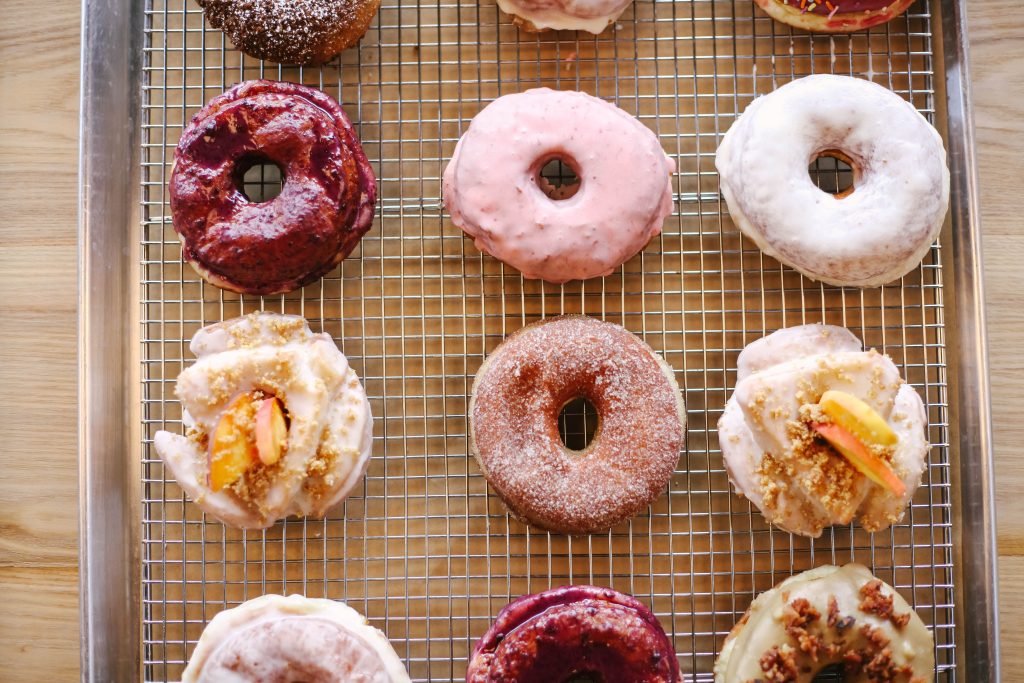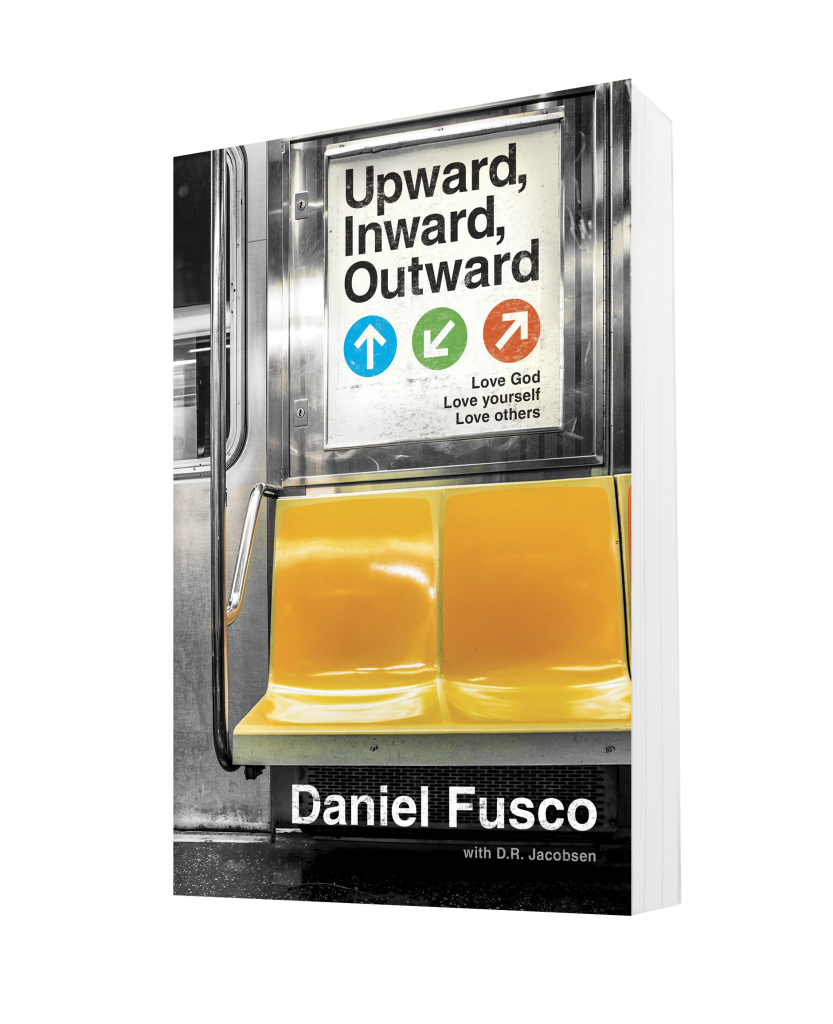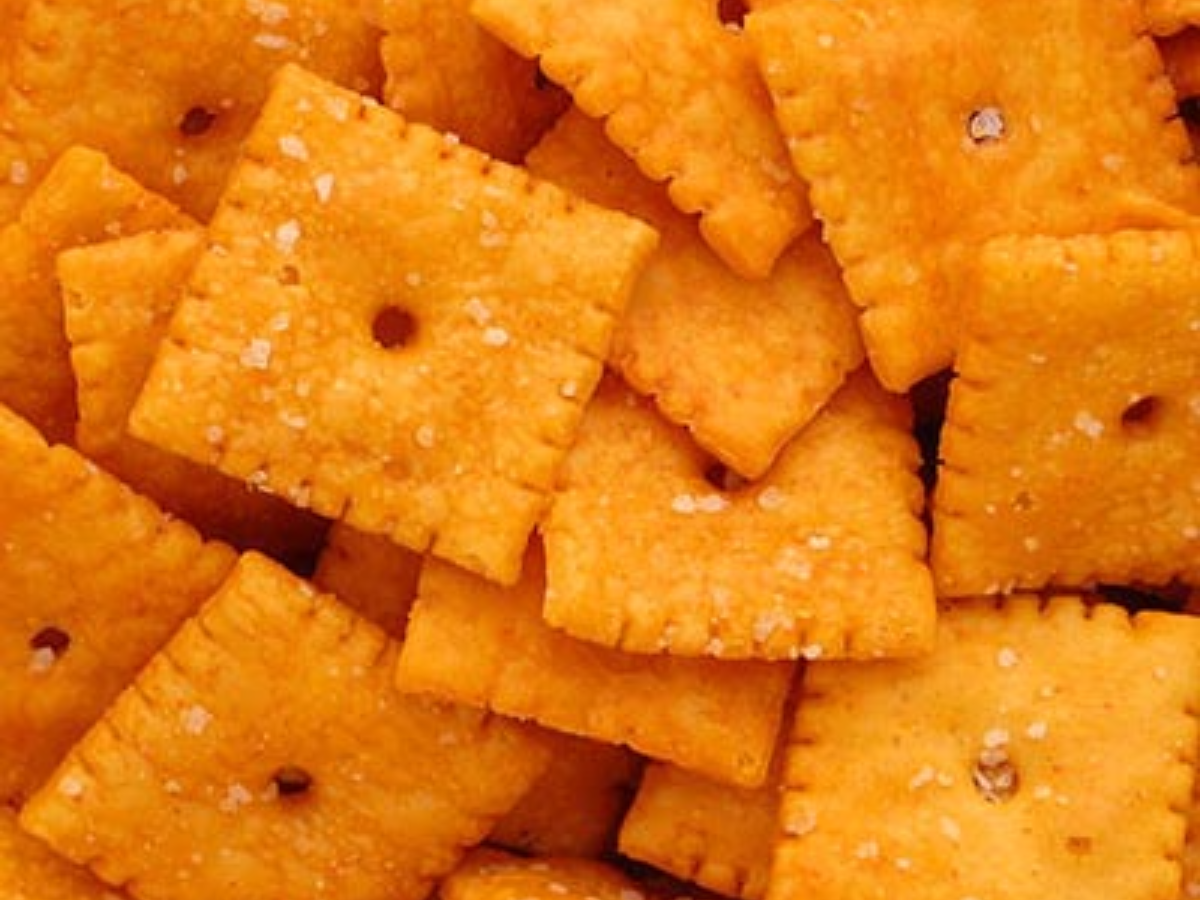If you have kids, I’m sure you’ll agree that there’s always one crystal-clear memory from around the time they were born. I want to share something that happened just before my second child was born.
The story starts with my wife, who is one of those women who is not going to get sent home from the hospital after showing up too early. She practically wants to see the baby’s head before going to the hospital, okay? So my wife is deep into labor and it’s like ten o’clock at night. I know that between driving, checking in, getting to our room—and then, you know, her having to give birth—we’re going to be up for a number of hours that will basically feel infinite. Which is fine, and beautiful, and amazing. I’m ready for it.
At the time we lived in a town house, and our car was parked at the top of a steep hill. I’m in super-husband mode, so I go huffing up the hill to grab the car and drive it back down to our doorstep. My bride is about to have a baby, people—out of my way!
It’s while I’m heading up to the car that one tiny little problem hits me: Man, this is going to be a loooong night. We ate dinner at five. Dang, I’m hungry!
I reach the car, start it up, drive it down to right in front of the door—a tiny bit faster than is safe, but remember: #superhusband—and then I leap out. I’m doing okay on the husband thing, but I realize I could go to the next level by cleaning out the car before my wife gets in.
But the back seat. Oh my goodness, there was so much food in it. Not real food, though. Toddler leftovers. Our oldest, Obadiah, was about three. We’re talking enough food to feed ten squirrels for a hundred years, okay? So I start scraping Cheerios into piles with my hands, and collecting little bits of Goldfish and half-eaten peanut butter and jelly sandwiches . . . and then time freezes.
The world becomes a single image. An artificially orange image.
Cheez-Its.
They’re in a messy pile next to the car seat.
I’m in the valley of decision. It was as if everything hung in the balance.
Don’t you eat those, Fusco. Don’t do it.
I stare at them. My stomach growls. You’ll get into trouble. Do. Not. Do. It. Come on, Fusco, you know—
But I can’t hear myself anymore over the sound of chewing. The Cheez-Its are tasting like manna from heaven!
And before you get all judgy, I felt like I needed to eat. I wasn’t going to turn to my wife on the way to the hospital and be like, “Honey, let’s zip through the drive-through, okay?”
So I try to extract every bit of nutrition I can from those Cheez-Its. I’m really going for it. And then I grab a half-empty water bottle and sort of swish my mouth out, and use my fingernail to pick out my molars. Drop a mint in my mouth. Clean car, partially fed Daniel. Win-win, right?
I open the front door.
My wife is standing there, having a contraction. I rush to her side for support. Then through the pain, her eyes lock on mine. She looks unsure at first and then angry. Then she yells, “What are you eating!”
* * *
Why do I tell you such an embarrassing story? Partly because I know I’m gonna get some support from my fellow floor-of-the-car eaters. Amen?
And also because self-control is such an important part of life.
Self-control influences so many elements of a healthy life. Our diet, how hard we work, how we spend our money, the vices we choose to avoid, the people we spend time with, when we go to bed and wake up . . . the list is nearly endless. And all of us want to get better at either doing certain things or avoiding certain things.

Which makes me think we could all use some more self-control.
Self-control is our capacity to override unwanted thoughts, feelings, and impulses. And it has to do with delaying gratification. If we choose not to do something in the short term in order to meet a goal in the long term, then we’re practicing a certain amount of self-control.
We can also call that willpower. We all have it, and we all use it. It’s natural to focus on the times we don’t use self-control, like when we eat that extra brownie or, I don’t know, let’s just say Cheez-Its off the floor of the car. But every day we use self-control in good ways, too, like when we actually get out of bed when our alarm goes off.
The need for self-control is universally relevant. Not all of us struggle in every area, but all of us struggle in some area. The Bible helps us train in the area of self-control and increase the amount we have. We’ll look at this later in the chapter, but let’s just say there’s a reason self-control is one of the fruit produced in our lives by God’s Spirit.
God’s basic promise is that if we deny something lesser to focus on him, he’ll reward us with increased self-control.
Which is exactly what we long for, isn’t it? That’s the inward need in this chapter: our longing for self-control. It’s not very sexy to talk about longing for self-control. Think about it. Have you ever said anything like this?
“I sure wish I could lose ten pounds, but I can’t seem to stay motivated.”
“Dang, it’s so hard to resist buying things online even though I know I can’t afford it.”
“What would my life be like if I could stop doing this?”
“If only I could add that helpful habit to my life.”
Here’s where things get weird, though. Even weirder than car Cheez-Its. Because I’m not going to say that we white-knuckle our way through life or crank up the willpower to eleven.
What I’m going to suggest goes against our DNA. Think about what you see on TV when they show pictures of “typical Americans.” We’re number one in all kinds of terrible stuff: diabetes per capita, total sugar consumed, number of fast-food restaurants, and so on. We love to eat to the point of harming ourselves. Which is why every shot of us on the evening news is taken from the waist down, from behind, and it’s all junk-in-the-trunk and cankles, right?
And against that backdrop, I’m going to suggest that our longing for self-control is satisfied, in part, by fasting.
Ouch.
But why bother? Because multiple studies have concluded that lack of self-control or willpower is one of the biggest barriers to change. When we want to do something good in our lives and then we fail, it’s most often because we can’t control ourselves.
I bet your experience confirms that.
I know mine does!
Fortunately, God has a ton of good news for us about fasting, and if we take it to heart, it’s going to transform the way we think and live.
Fasting. It’s hard to think of a single word that will take the air out of a room faster. Heck, we’d rather pass the offering plate around a few more times than talk about fasting—let alone actually fast!
On the other hand, our Bibles are absolutely packed with references to fasting, which makes for some serious cognitive dissonance.
Let’s start simple, then, with two definitions of fasting that are brilliant. Notice how they build on each other.
Fasting confirms our utter dependence upon God by finding in him a source of sustenance beyond food.[1]
Fasting, if we conceive of it truly, must not . . . be confined to the question of food and drink; fasting should really be made to include abstinence from anything which is legitimate in and of itself for the sake of some special spiritual purpose. There are many bodily functions which are right and normal and perfectly legitimate, but which for special peculiar reasons in certain circumstances should be controlled. That is fasting.[2]
The first idea we may have heard before. We give up food, and it sucks for a while . . . but then, somehow, it gets better! We discover that “people don’t live on food alone,” to paraphrase Jesus. We learn that God can sustain and fill us and that we literally cannot experience certain elements of God’s provision when our stomachs are full.
But then the second quote makes the first richer and fuller. If fasting from food is the bass line to our song, let’s add in drums and piano. See, we can fast from almost anything. And when we do, for the right reasons, we’ll be playing in harmony with God, and our minds are going to be blown!
Remember that we’re connecting our longing for more self-control with the practice of fasting.

One reason we’re hesitant to talk about fasting is that we lack enough self-control . . . or at least we think we do. But we’ve actually been practicing self-control our whole lives. It starts when we’re young. If you’re a parent, you know that potty training is all about the exercise of self-control. The child needs to go but will hold it until there’s a toilet handy. We also teach our kids not to belch in restaurants or run across the street. And it keeps going into adulthood, when we control our urge to ram our car into that yellow Hummer that just stole our parking space.
This isn’t fasting we’re talking about, but these examples show how familiar we are with using self-control to make life better in the long run.
Fasting takes that same idea and applies it specifically to our relationship with God.
See, in a world full of temptations, a world where our lack of self-control is easily evident, fasting helps us learn to choose God over everything else. Fasting trains us to make sure our decisions reflect who we really are, not who the world wants us to be. We learn to love ourselves properly by living with God, according to God’s daily invitation. Fasting helps us see that this kind of life is only possible when we chose God’s best for ourselves.
You’ve been reading Daniel Fusco’s Upward, Inward, Outward: Love God, Love Yourself, Love Others. Daniel is an expert on illustrating how Jesus is at street level with you and me. In this book he unpacks how the greatest commandment Jesus gave us is to be lived out today. We only have one life, so we need to live the most meaningful life possible!
- Keep reading an excerpt from Upward, Inward, Outward here.
- Get the book now at 20% off.
- Learn more about Daniel’s first book, his ministry, jazz music, and more at his website. Daniel also delivers great 2 minute messages on facebook almost every day.

[1] Dallas Willard, The Spirit of the Disciplines: Understanding How God Changes Lives (New York: HarperCollins, 1991), 166.
[2] D. Martyn Lloyd-Jones, Studies in the Sermon on the Mount (Grand Rapids, MI: Eerdmans, 1984), 38.

